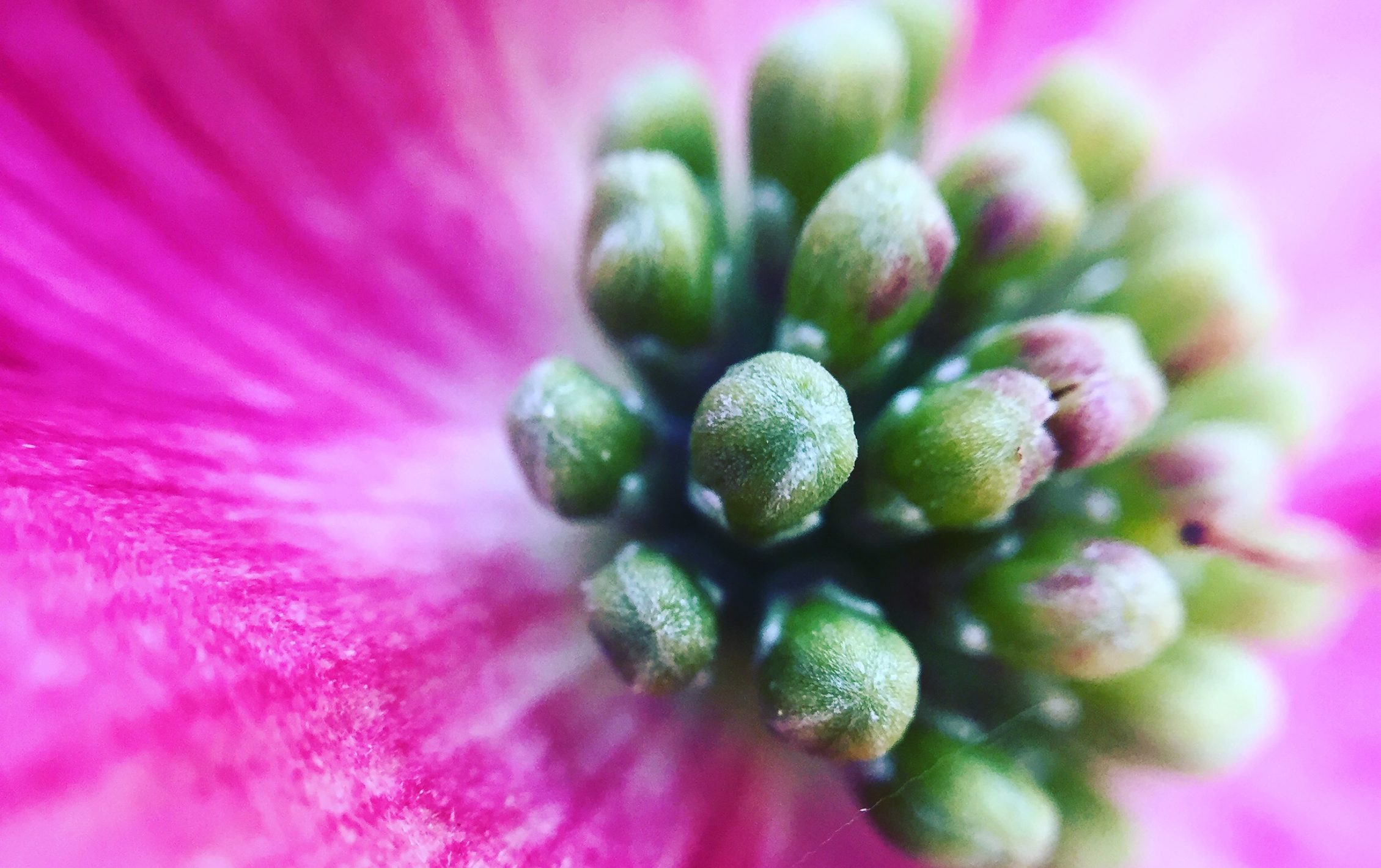Something to Smile About
In these uncertain times of COVID-19 confinement and lockdown, it’s easy to succumb to dark moods. As most of us work from home — if we’re fortunate enough to still have a job — and as our summer plans get scrapped due to travel restrictions, it may seem hard to find news that can brighten our day.
I’m an incorrigible optimist at heart and throughout my 35 years of journalism, I’ve more than often found myself seeking that one story that will somewhat dim the light on the daily gloom and doom.
Our section ‘Something To Smile About’ will try to do just that by bringing you monthly positive news touching our lives one way or another. We will backup our findings with links to insightful articles, photos and videos. We’re not looking to take credit for the work done by others, we just want to point you to these stories because they are out there but are seldom mainstream and often hard to find when you don’t know where to look.
As we near mid-year, we take a look at our dear planet Earth in the wake of coronavirus. While the first half of 2020 has been harsh on most of the world’s populations, it has, in many respects, done marvels for our environment.
Because human population expansion, global economy and modern life have pushed nature to the fringes, months of reduced levels of human activity have resulted in less air, water and noise pollution.
While we might not have directly felt these impacts, nature and the wildlife around us were the first indicators that there actually is a silver lining in the pandemic.
Among the smallest beneficiaries is the bee whose populations have been dwindling for years because of pesticides and industrial farming.
All of a sudden, our best pollinators are showing signs of recovery in many epicenters of the virus including urban areas. Beekeepers are happy of course and surprisingly a few farmers have helped their cause by planting wildflowers.
But if the bees are the buzz of town, urban vegetable gardens have also been trending, multiplying on small parcels of land, balconies and terraces as more and more city dwellers have taken to this new hobby. And municipalities are joining the trend by creating large-scale rooftop farms.
Also worth mentioning but not necessarily making the headlines, are tiny forests growing on surfaces sometimes no bigger than a tennis court in urban and suburban areas. This innovative method has already made plenty of adepts in Asia and is now gaining popularity in Europe.
Another positive consequence of the pandemic is a boost in cycling in cities around the world with bike sales and rentals going through the roof in many places. The boom is felt from downtown Berlin, to the streets of San Francisco, and to major bicycle-manufacturing countries like Taiwan.
Meanwhile the sudden drop in energy use triggered lower global demand for oil and sparked a surge for renewable power as governments vow to seek green solutions in post-COVID economies.
So there you have it: better air, cleaner water, more bees, more vegetable gardens, more trees, less cars, more bikes and more clean energies.
Hopefully, at least one of these stories put a smile on your face and made you feel like the fight was worth fighting. Sometimes we just need a little push, a little incentive, a sign that some things are improving or just changing for the better.


